Book your Tavira trip here
A Local’s Guide to Tavira’s Mediterranean Diet Festival: Dates, Markets, Music & Must-Try Tastes
Every year Tavira, with its sun soaked plazas and ancient cobbled streets, hosts one of the most vibrant celebrations of tradition and taste called the Mediterranean Diet Festival. The festival lasts for four days and this year there were 170 exhibitors. Markets fill the town center with handmade crafts, food, wine and art. Multiple stages feature live music from artists across Europe. Street performers wander through the town and traditional dances are taught in the park. The museum presents special exhibits and there are cooking demonstrations that highlight the Mediterranean way of eating. Many local restaurants also create special menus for the occasion. There is so much happening each day of the fair and it becomes a joyful weekend that celebrates a lifestyle cherished for centuries and increasingly recognized for its positive impact on both health and the environment.
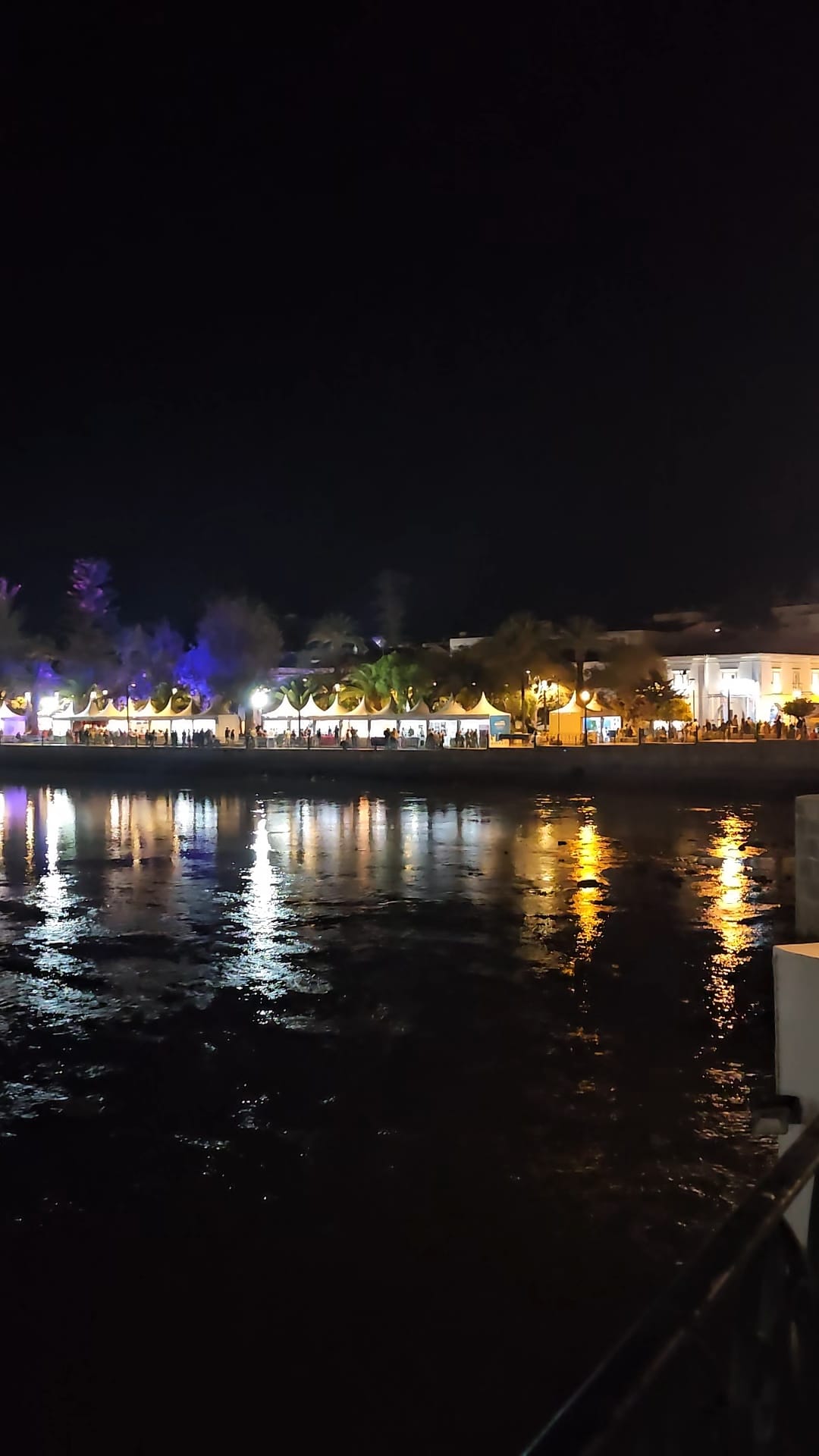
A Glimpse into the History of the Mediterranean Diet
The Mediterranean Diet was recognized as World Intangible Heritage by UNESCO in 2013. More than a modern health trend, it is a culinary tradition with roots in ancient civilizations. It developed in countries that border the Mediterranean Sea such as Greece, Italy, Spain and Portugal, where the local landscape shaped eating habits. The Mediterranean Diet highlights fresh and seasonal fruits and vegetables, whole grains, lean proteins and heart healthy fats such as olive oil.
Historically, this way of eating reflected the ingredients that were readily available in the region. Fishermen supplied the daily catch, farmers harvested crops in season, and families prepared meals with simple and wholesome ingredients. This close connection to the land and sea gives the Mediterranean Diet its rich flavor and nutritional value. It is a tradition that has been passed down through generations and continues to gain global recognition for its health benefits and cultural importance.
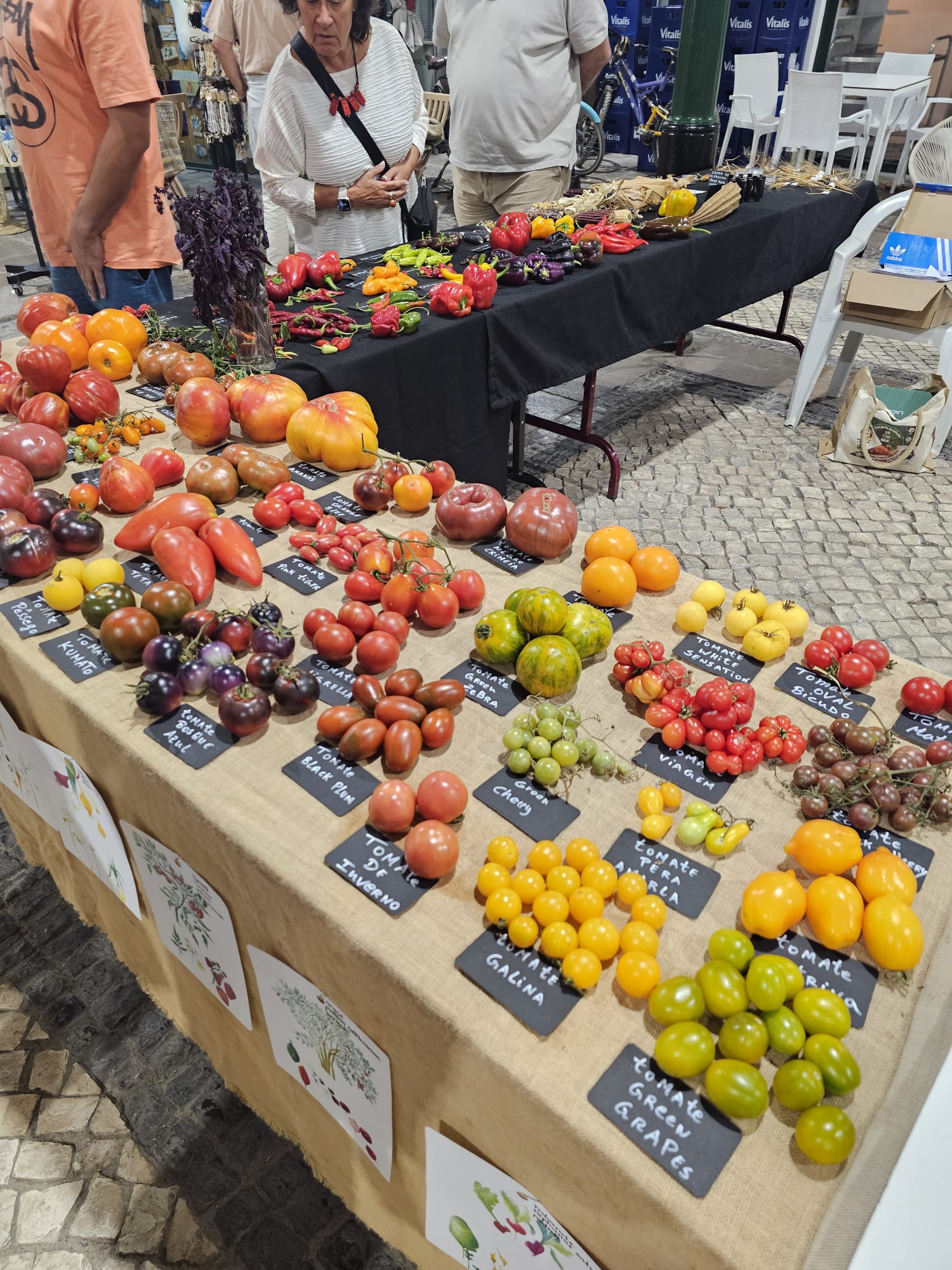
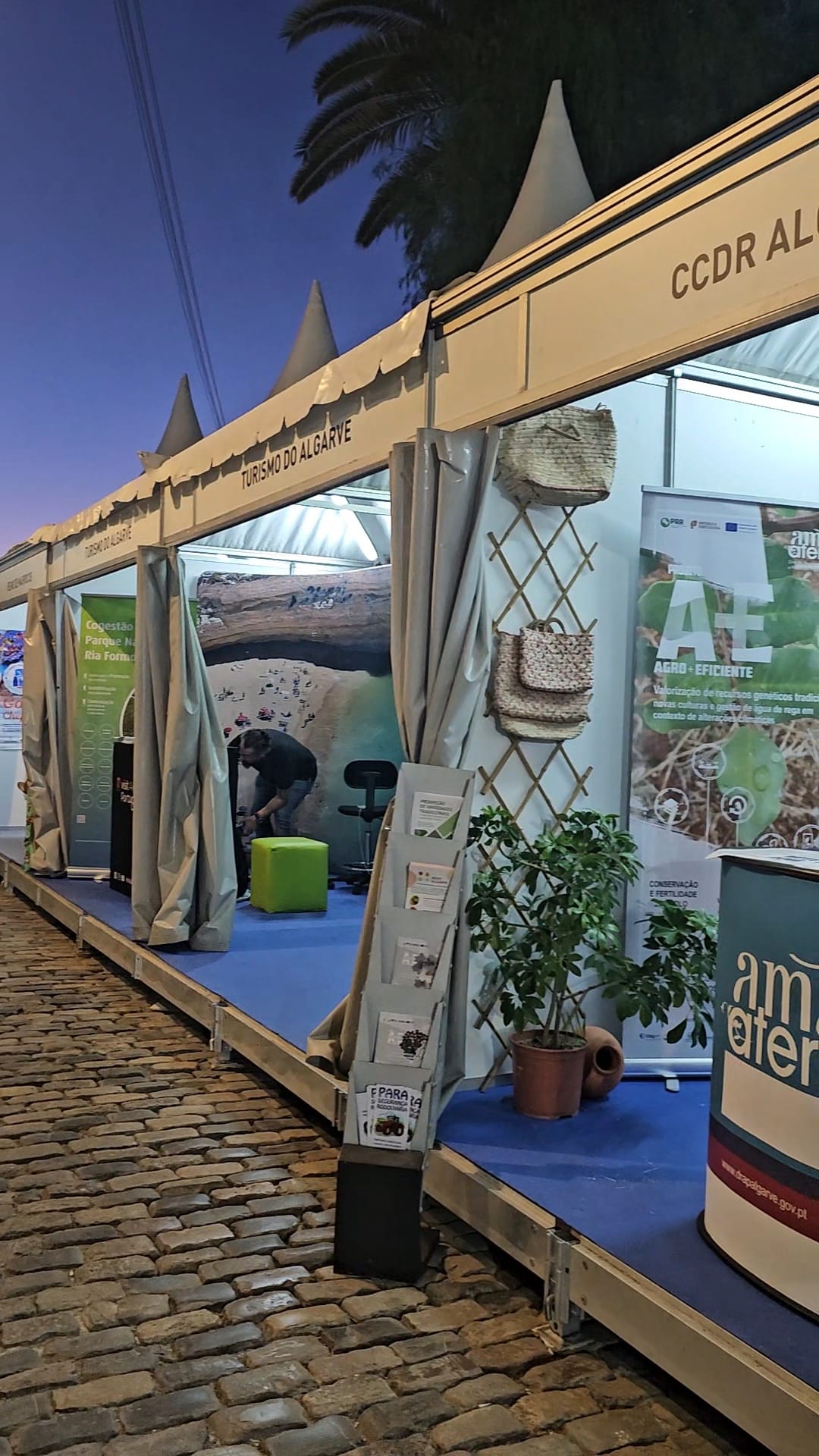
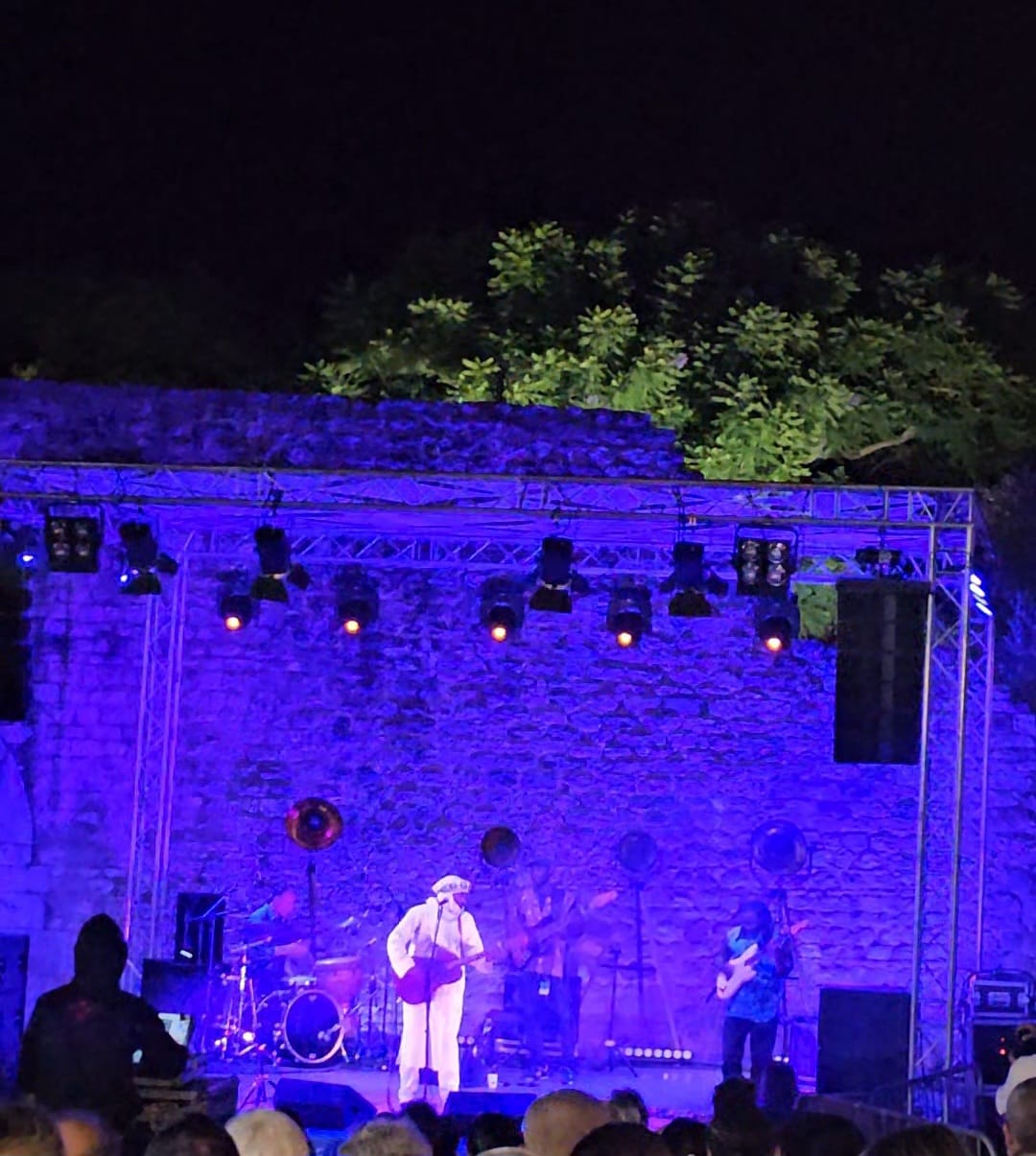
Why the Mediterranean Diet Matters for Our Health
This diet is celebrated for both its flavor and its health benefits. Rich in fruits, vegetables, whole grains and healthy fats, the Mediterranean Diet has been linked to a lower risk of chronic diseases such as heart disease, diabetes and certain types of cancer. It is also associated with better mental health, improved digestion and longer life expectancy.
Another important aspect of the Mediterranean Diet is the way meals are enjoyed. It is not only about what you eat, it is also about how you eat it. The approach encourages mindful eating, sitting down with family and friends, savoring each bite and appreciating the simple pleasure of sharing a meal. This creates a healthier relationship with food and supports overall well being.
I will admit that adapting to this slower style of eating has been a challenge for me. I am used to eating quickly and moving on, so I often have to remind myself to slow down and enjoy the food and the company. In Portugal it is completely normal for dinner to last two hours or more, especially at restaurants. I am still adjusting and sometimes laughing at myself in the process.


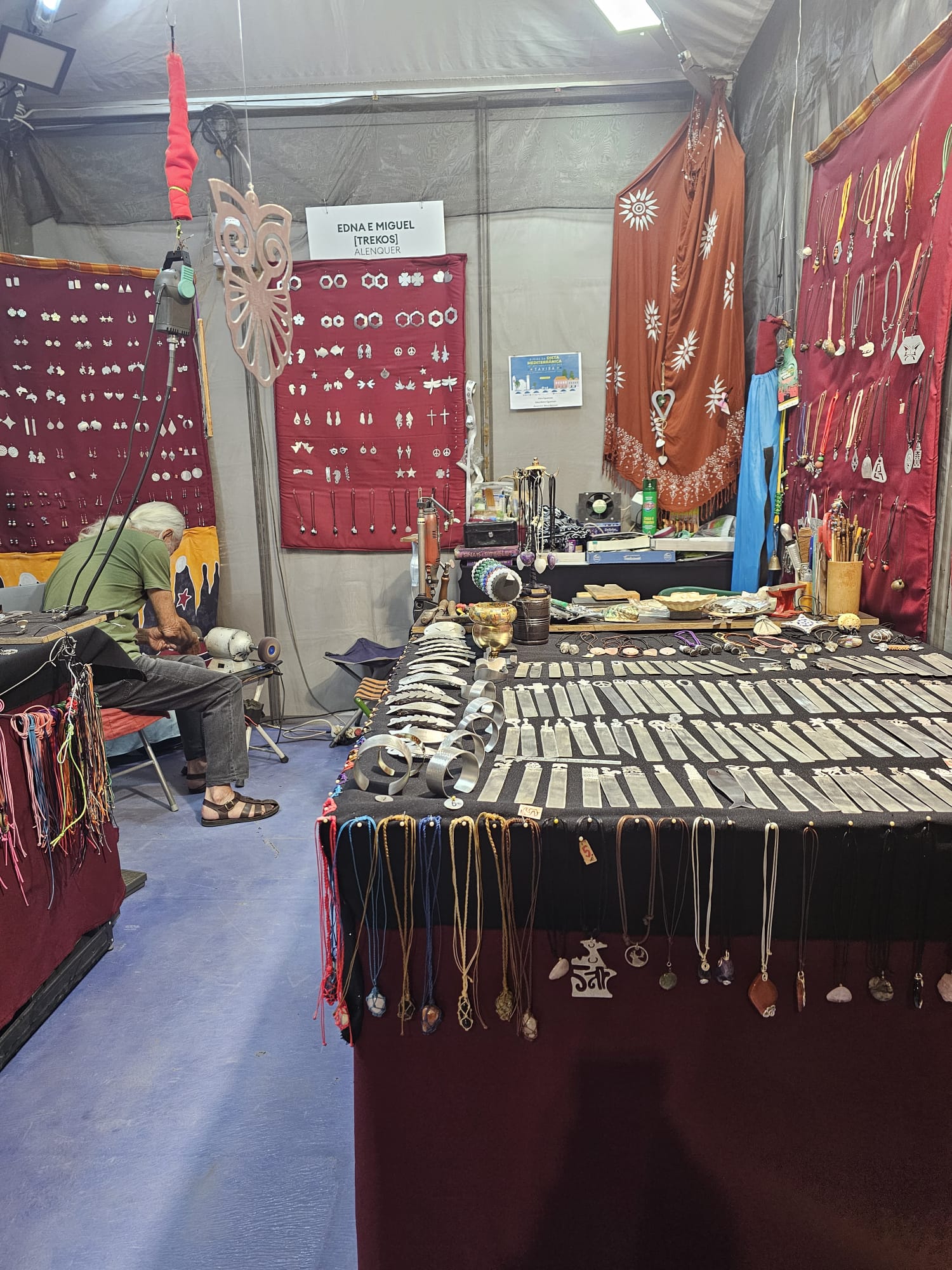
The Mediterranean Diet and Climate Change: A Sustainable Choice
One of the most compelling aspects of the Mediterranean diet is its alignment with sustainable eating practices. At the festival, there was a strong emphasis on locally sourced, seasonal ingredients, which are central to the diet. By focusing on plant-based foods and reducing the consumption of red meat, the Mediterranean diet has a lower environmental impact compared to more resource-intensive diets.
In a world facing the challenges of climate change, adopting a diet that emphasizes sustainability is more important than ever. The Mediterranean diet’s reliance on fruits, vegetables, legumes, and grains reduces the carbon footprint of food production. Additionally, the emphasis on seasonal, local foods supports biodiversity and helps maintain the ecological balance.
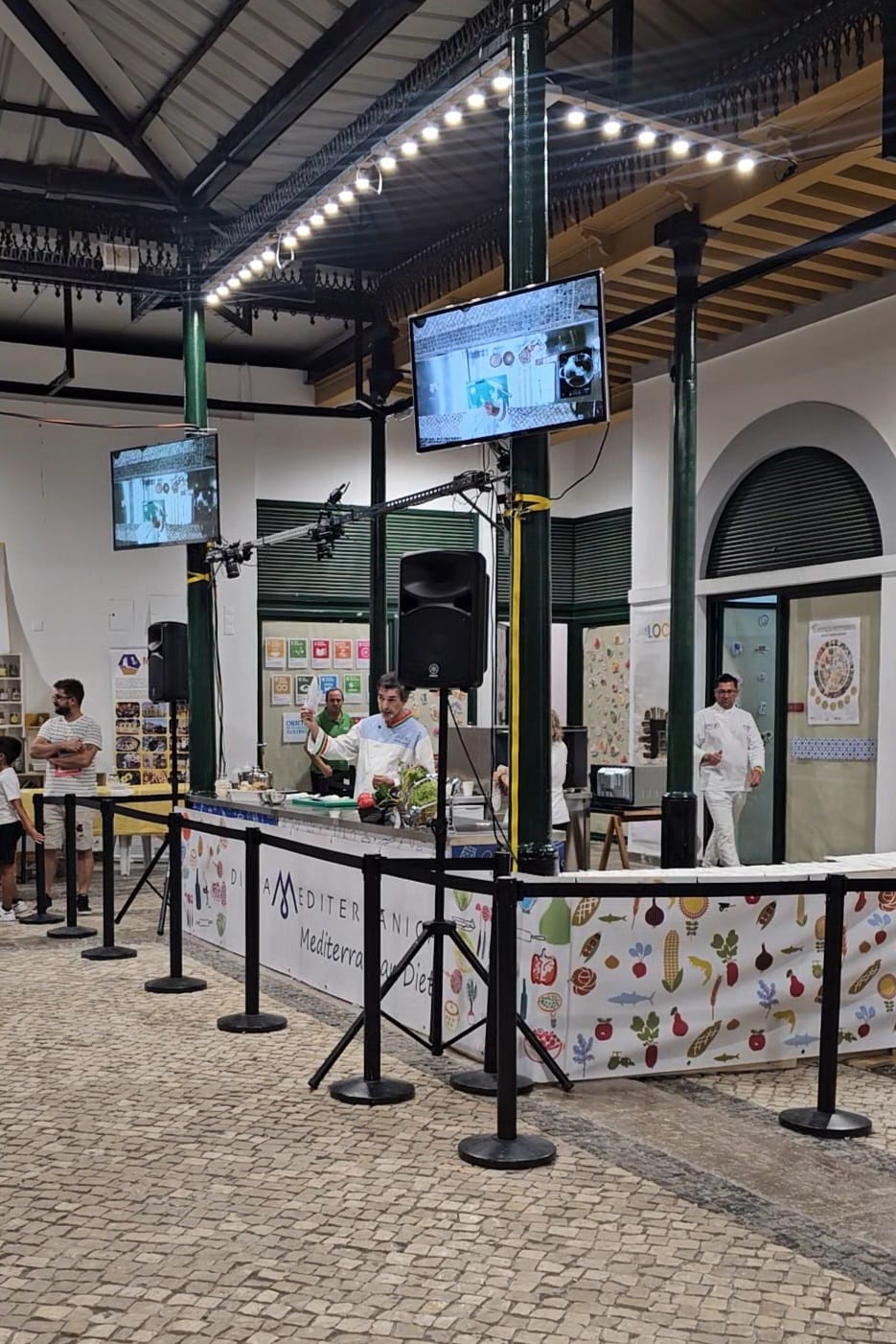
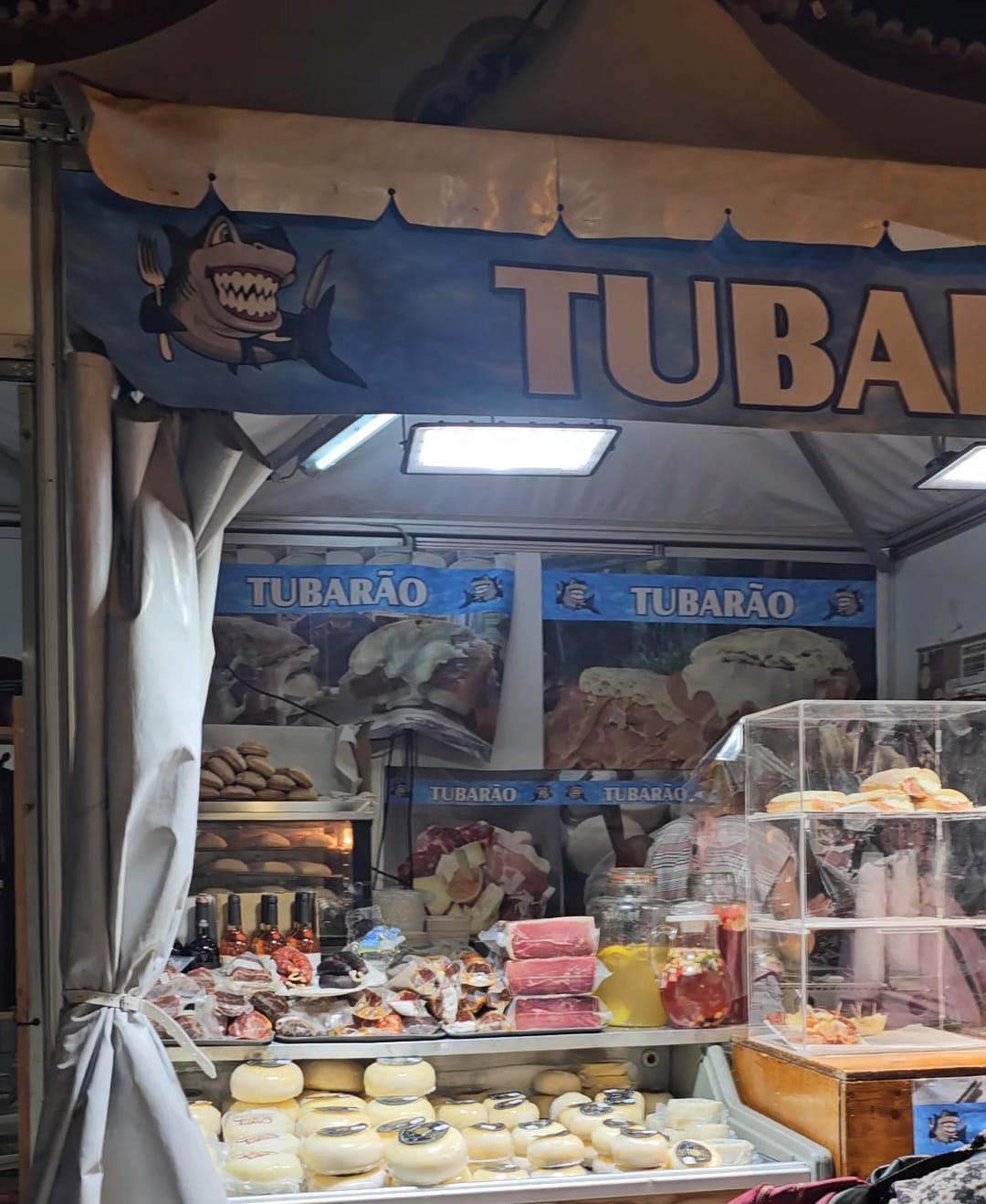
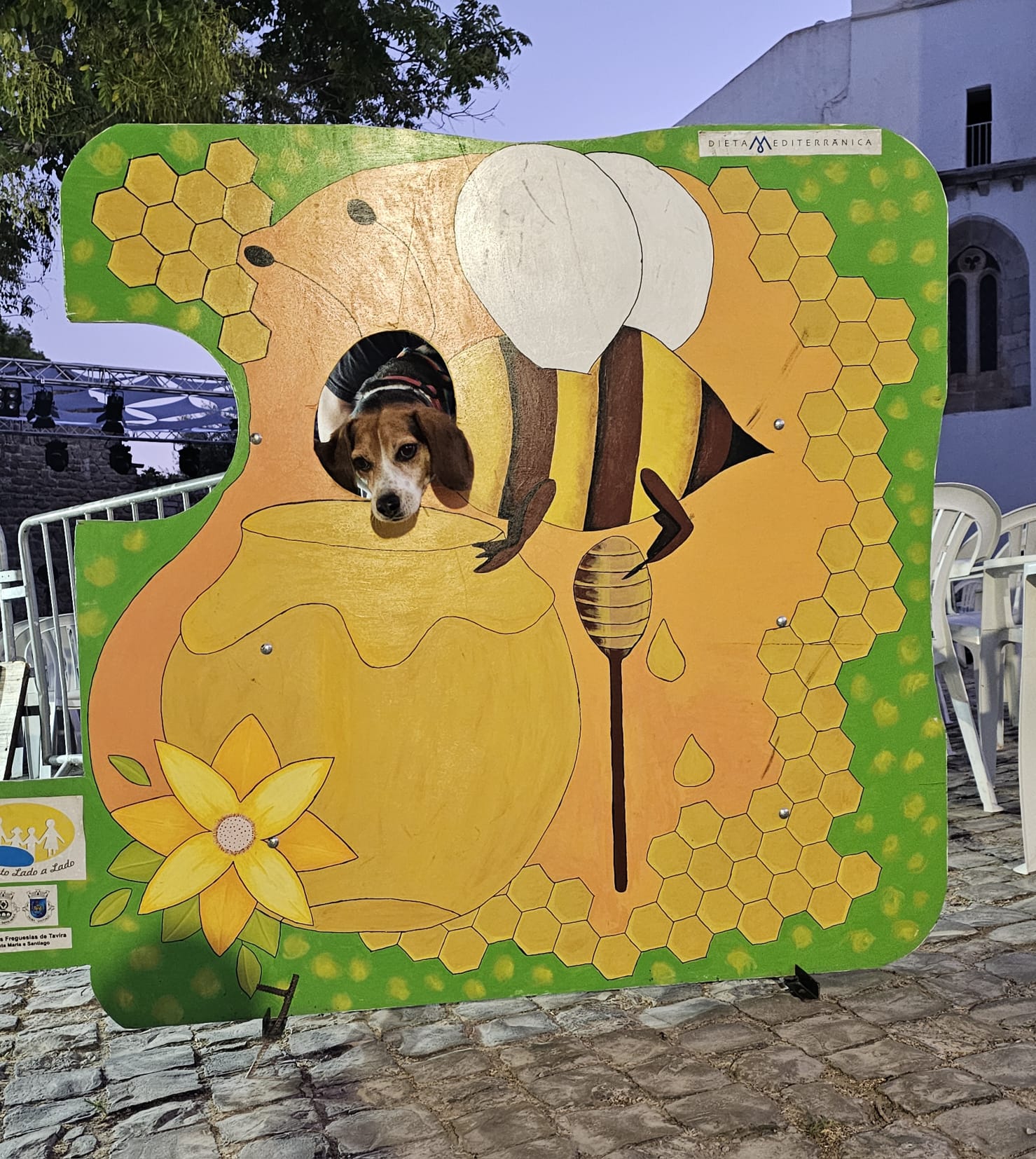
Embracing the Mediterranean Way of Life
Attending the Mediterranean Diet Festival in Tavira was a vivid reminder of how rich this culinary tradition is and how relevant it remains in the modern world. The festival was not only focused on food. It highlighted a lifestyle that values health, sustainability and community. In a time when daily life feels busy and fragmented, the Mediterranean Diet offers a timeless blueprint for living well that supports both our bodies and the planet.
Whether you are a Tavira local or a curious visitor, embracing the Mediterranean way of life even in small ways can have a meaningful impact. So the next time you sit down for a meal, think of the Mediterranean. Choose fresh ingredients, enjoy the flavors and textures, appreciate the company around you, and remember that every bite can support a healthier and more sustainable future.
FAQ’s about the Festival
Frequently Asked Questions
When is the Mediterranean Diet Festival in Tavira?
It usually happens in early September and runs for multiple days. Dates shift a bit each year so it’s smart to check the official Tavira events page when planning. Expect concerts at night, food and artisan markets during the day, and workshops sprinkled in between.
Is the festival good for families?
Yes. It’s basically a wholesome food party with music, crafts and outdoor wandering. Kids can explore the market stalls, try snacks, watch shows and burn energy in open squares. Parents get to eat olives and pretend they are aging gracefully.
Can you attend for free?
Most of the festival activities are free. The outdoor concerts, markets and exhibitions are open to the public. Some workshops or tastings may require registering or buying a ticket, but the general vibe is come-as-you-are and roam around without opening your wallet every five minutes.
What should I wear or bring?
Wear comfy shoes because Tavira’s old streets can be wobbly and you’ll walk a lot. Bring a reusable water bottle, sunscreen, and maybe a tote for the treats you’ll inevitably buy. Evenings near the river can feel cooler, so a light layer won’t hurt. Bonus item: curiosity. It pairs well with olive oil tastings.
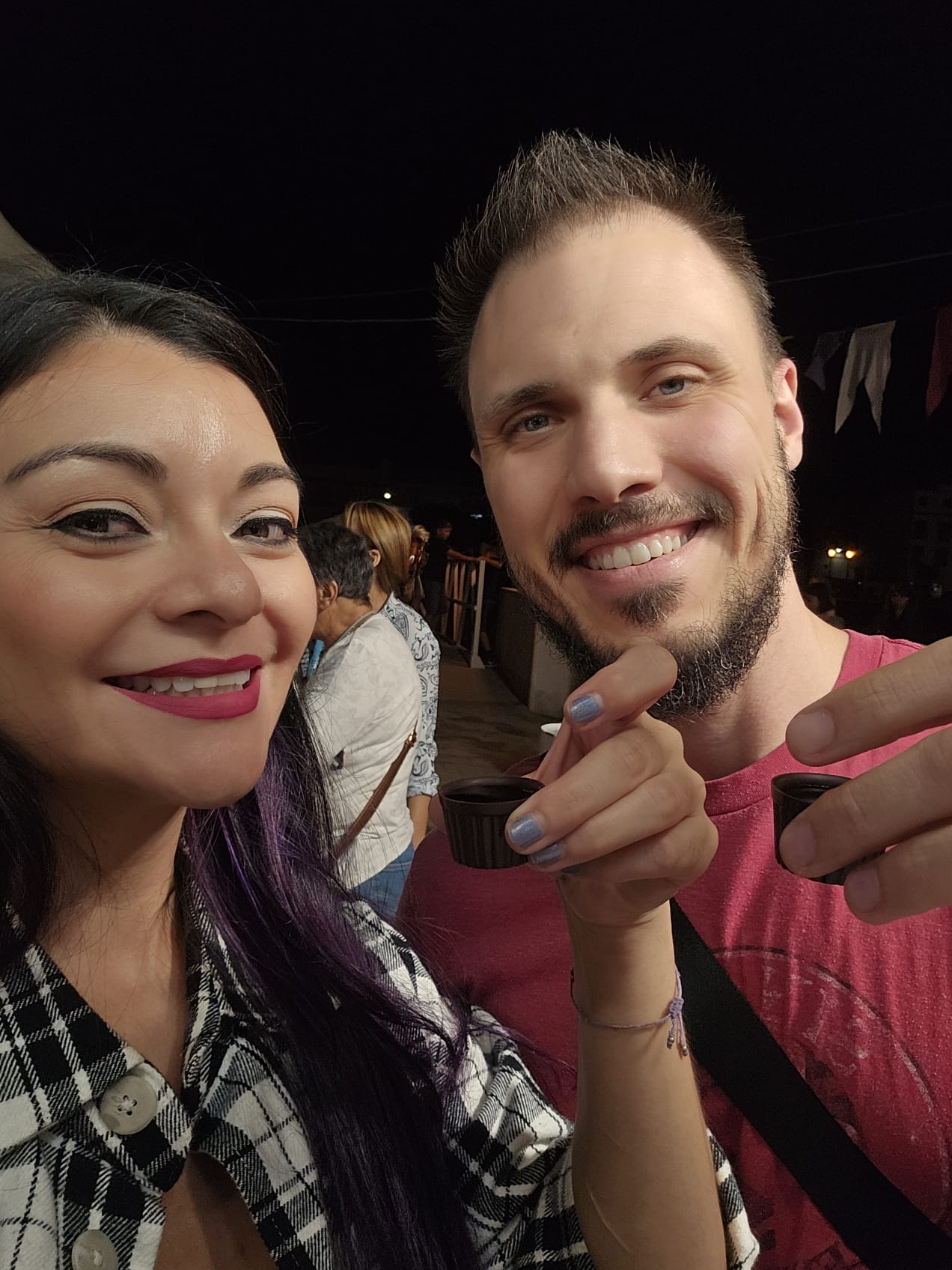
Make sure to check out my Instagram @vegas.to.portugal to see more content about the Mediterranean Festival and more of my daily life 💙
Leave a Reply